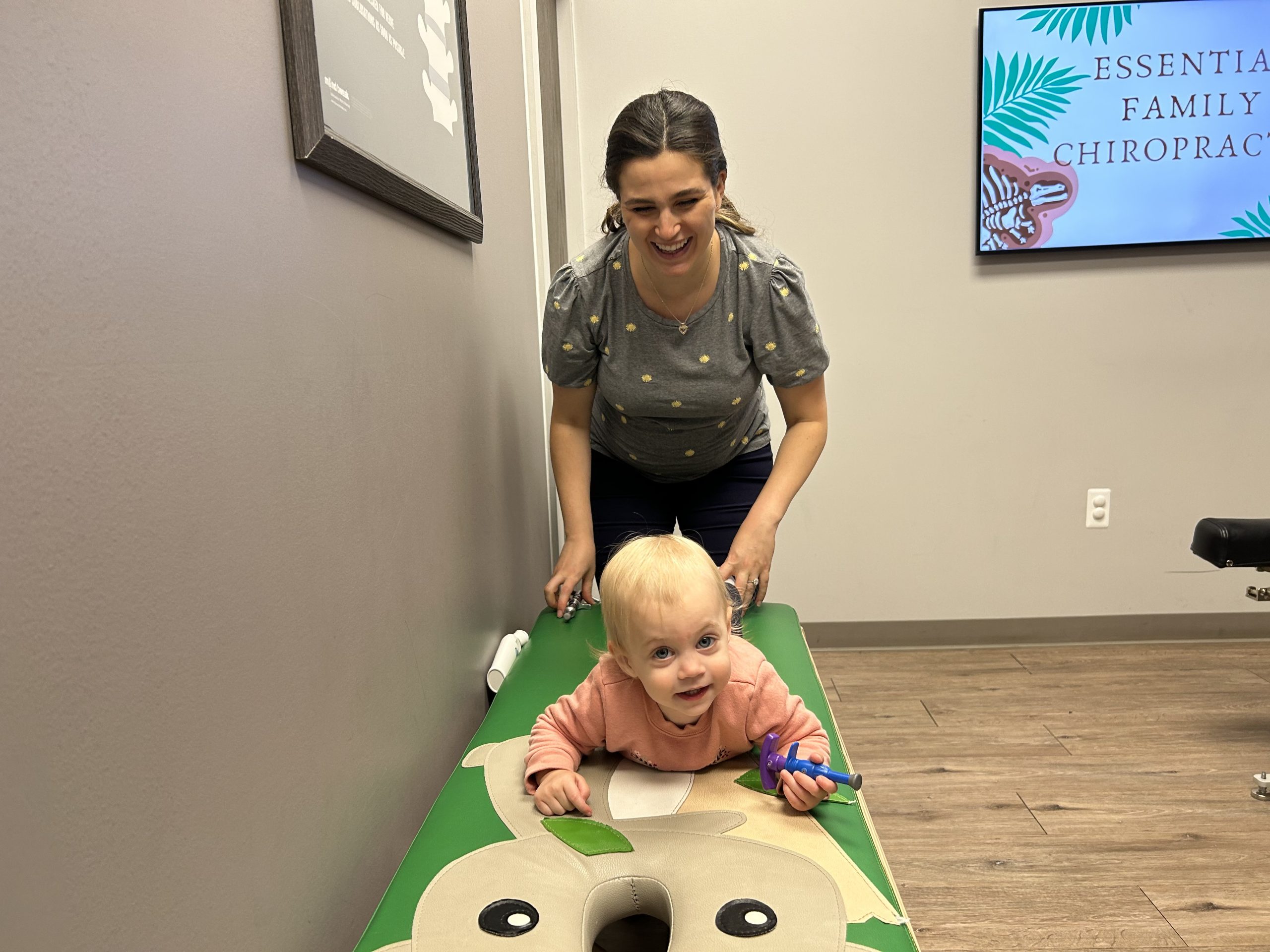DISCLAIMER: The following post outlines the writer’s personal opinion on pediatric sleep apnea. It is not intended to act as medical advice. As always, please consult your doctor with any questions about pediatric sleep apnea.
Choking, gasping, snoring, and frequent nighttime awakenings–these were the first major indicators that my six-year-old daughter grappled with significant sleep issues. And to top it off, these symptoms worsened during seasonal illnesses.
I decided to take action when I realized that my concerns for her were keeping me up at night. It was about a year ago when I first talked to her pediatrician about my worries. At the time, the doctor didn’t seem too bothered, attributing her condition to the viruses she’d been dealing with. But it wasn’t until she got better and those symptoms stuck around that I realized we needed to do something more substantial.
After multiple trips to the doctor’s office to voice my concerns, I finally convinced them to order a sleep study to take a closer look at her sleep patterns.
 The Sleep Study
The Sleep Study
In May, she went in for the sleep study, and it turned out to be a breeze. I really didn’t know what to expect, but the information from the doctors put my mind at ease. I purposely avoided diving into the endless sea of Google searches and videos related to the procedure. Instead, I decided to trust the process as it unfolded.
When we got to the facility, we were pretty surprised by how comfy it was, even if it didn’t quite match a fancy five-star hotel. It was more than enough for a good night’s sleep. For the study, they hooked her up to all sorts of monitors to check her breathing, oxygen levels, heart rate, and other sleep-related key areas. They placed wires and sensors on her head, face, and chest to gather the necessary data.
Despite feeling a little nervous at first, she ended up sleeping quite well during the study. Now, it’s a memory we fondly look back on.
The Official Diagnosis
Following the sleep study, the results confirmed my suspicions: she received a diagnosis of moderate obstructive sleep apnea (OSA). This meant she experienced frequent interruptions in her upper airway during sleep, affecting her rest quality and overall health.
According to the National Library of Medicine, pediatric OSA is most common between the ages of two and eight because of the increased growth of childrens’ tonsils and adenoids. Risk factors for early-onset OSA can include being born prematurely, African American race, attending daycare, and Down syndrome.
Given her condition, her medical team recommended the surgical removal of her tonsils and adenoids–a common remedy for sleep apnea in children.
The Surgical Process
The surgical procedure occurred two months later and included a tonsillectomy and adenoidectomy. My daughter was meticulously prepared for the surgery, which proceeded without a hitch. The surgeon skillfully removed her tonsils and adenoids, effectively alleviating the airway obstruction and addressing the root cause of her sleep apnea. However, her doctor was careful to note that surgery does not always guarantee the resolution of sleep obstruction issues.
Another big part of her journey was having Mr. Monkey by her side. He was a real trooper and even received his very own hospital bracelet and cap!
The Road to Recovery
After the surgery, she had a two-week recovery period. Now, you can imagine that being told to take it easy isn’t the simplest thing for a kid full of energy. Nonetheless, it was a necessary step toward her complete recovery. As the days passed, I noticed substantial improvements in her breathing and sleep patterns.
However, one of the most significant tasks during this process was managing her diet during the recovery phase. She had to consume plenty of water without using a straw, in addition to eating soft foods like mashed potatoes, applesauce, and soups. Oddly enough, the most challenging part for her was that she didn’t have an appetite for the ice cream and popsicles that many kids usually enjoy after this type of surgery!
The initial days were tough to navigate, but her determination to recover quickly kept her going. As her mom, I couldn’t help but feel so proud of her bravery and resilience through it all. Kids can be incredibly strong, and it’s amazing to see.
The Warning Signs
If you suspect your child may be dealing with sleep apnea, here are some initial signs to watch for, according to the sleepfoundation.org, sleepapnea.org, and the Mayo Clinic:
- Behavioral issues: Children with sleep apnea may exhibit concentration difficulties, irritability, and mood swings.
- Choking and gasping: Episodes of choking and gasping during sleep can be clear indicators of sleep apnea.
- Daytime fatigue: Consistent daytime fatigue or excessive sleepiness, especially in children, can be a sign of sleep apnea.
- Disruptive sleep pattern: Frequent awakenings and restless movements during sleep may suggest a sleep disorder.
- Exacerbation during illness: Symptoms may worsen during illnesses, linking health conditions with sleep disturbances.
- Loud snoring: Persistent loud snoring, especially with breathing pauses, can signal sleep apnea.
- Poor growth: Slow growth or poor weight gain can be linked to pediatric sleep apnea, affecting a child’s appetite and overall health.
- Restless sleep: Frequent tossing and turning in bed, restless legs, and irregular sleep patterns may indicate sleep disturbances.
If you notice any of these potential red flags, it’s a good idea to reach out to a pediatrician or a sleep specialist. Early diagnosis and intervention can make a significant difference in a child’s well-being, ensuring they get the quality sleep they need for healthy growth. Recognizing these signs played a crucial role in making me aware of the necessity for medical help. Parents should stay watchful and take an active approach to their child’s sleep patterns and overall health.



































